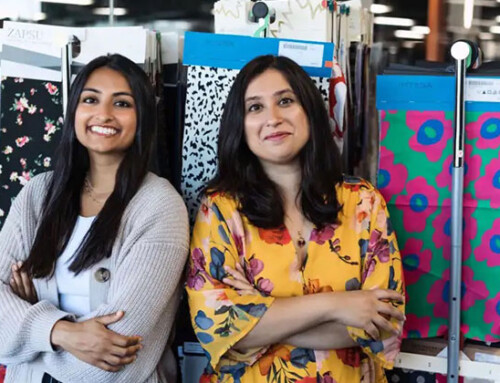An analysis in October 2017 by TechCrunch, a San Francisco-based media company which reports on startups and funding, revealed that among the top 100 venture firms, the percentage of women partners edged up to 8% from 7%, an increase of 17%. Out of those 100 firms, eight of them added a female partner for the first time.
TechCrunch’s analysis also revealed that women consist of 15% of the partner roles at accelerators and corporate venture firms, a 25% rise in the past 18 months. In the past three years, women founded 16 micro-venture funds.
Between 2012 and third quarter 2017, 10% of venture dollars globally were allocated to startups with at least one woman founder and 16% of seed dollars globally between 2012 and the third quarter of 2017 went to startups with at least one woman founder.
Although women entrepreneurs still face hurdles in obtaining funding, with only 3% of venture capital being allocated for female CEOs, part of the reason is that a mere 6% women are venture capitalists, according to Babson College in Babson Park, Mass.

While the improvements appear to be nominal, venture-backed companies where women served as top management executives typically produce better profits and financial performance compared to men with a 35% higher return on equity and 34% higher total return to shareholders, according to data from Illuminate Ventures.
When women entrepreneurs receive funding from a female investor, the likelihood of a successful exit is better for a woman, said Kerry Rupp, general partner of Austin-based True Wealth which launched in 2016 with Sara Brand and has raised $10 million so far to invest in early stage female-led startups in the sustainable consumer and consumer health sectors, citing a Harvard Business Review article analyzing the difference. The article states that when startups receive funding from only male VCs, the exits of female-led and male-led startups is a 25 percentage-point difference.
However, when female partners of venture capital firms finance startups, that difference vanishes. This means that when VCs with women partners invest in either female or male-led startups, the data does not show any discernible difference.
While there is no evidence to demonstrate that female investors actively invest as limited partners in funds, True Wealth has received 80% of its investments from women, said Rupp.
When women partners work at VCs, they are twice as likely to invest in companies with a woman on the management team (34% of firms with a woman partner versus 13% of firms without a woman partner), according to research by Babson College. Venture capital firms with women partners are three times more likely to invest in companies with women CEOs (58% of firms with women partners versus 15% of firms without women partners).
In the U.S., women currently control about 39% of investible assets and is estimated to rise to two-thirds of investible assets by 2030.
“There are intangible characteristics — who do we think will have the requisite resourcefulness, resilience and relentlessness to build a great company and who will lead and encourage a great team,” she said. “There is less ego driving our decisions and more collaboration as a basic part of our mindset. Partnership drives the decision making process just as much as anything quantitative. This respect yields the strongest results.”
Institutional investors have placed a greater priority on the importance of gender diversity at the general partner level, said Kara Cissell-Roell, founding partner at VMG Partners in San Francisco with $1.423 billion in private equity investment firm in over three funds and focuses on acquiring highly branded consumer products companies.
“I feel we are at a tipping point with respect to the awareness,” she said. “I also see a stronger demand than ever for female representation at the board level and within the founder and senior management team decision makers at portfolio companies.”
The change now is that limited partners regularly demand and seek interest in backing more female led general partners, said Cissell-Roell.






